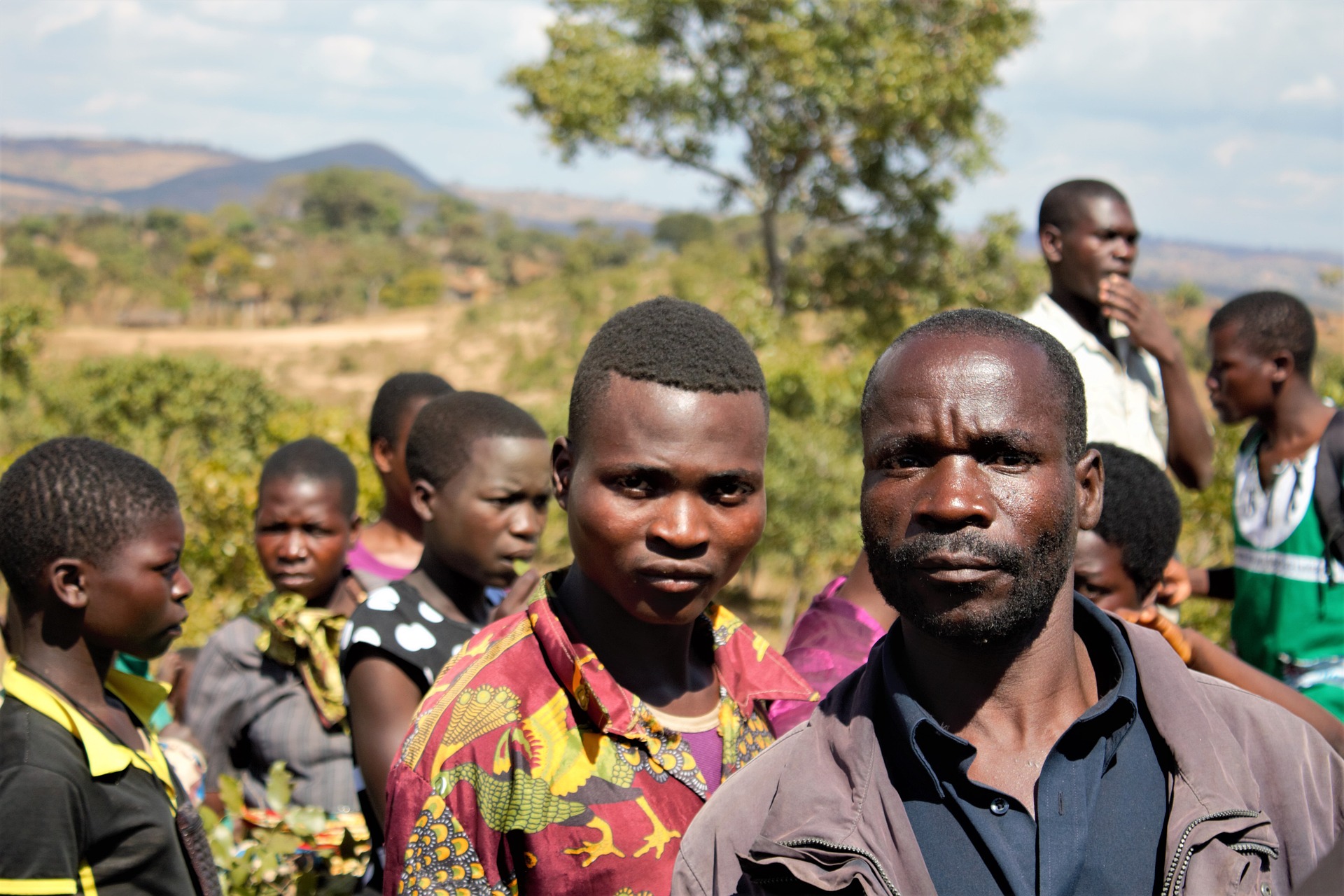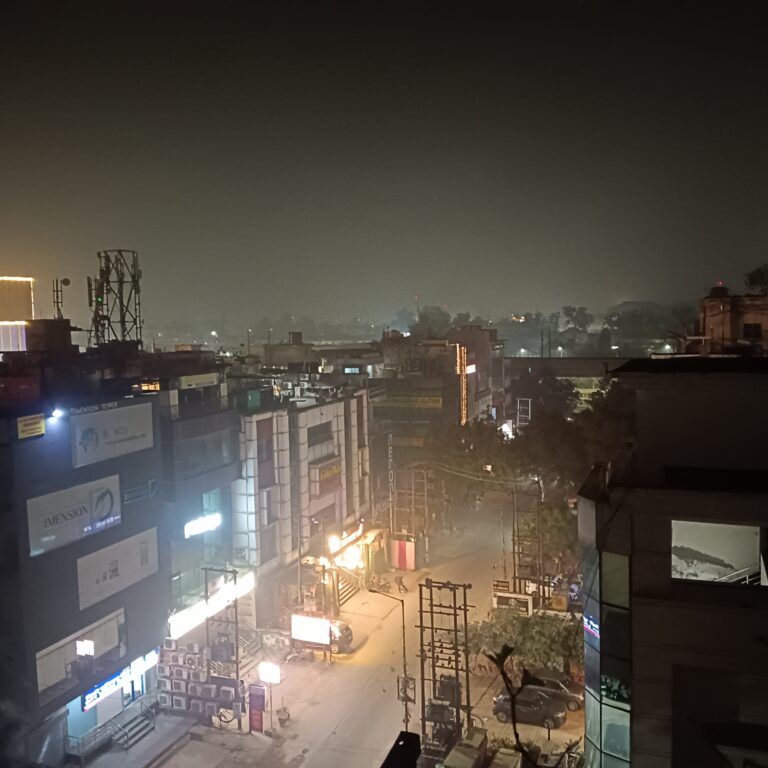
Harare: Overall, nearly 10 million people have been affected across southern Africa which has been hit by a series of climate disasters since the start of the year 2023.
Between January and March 2023, Tropical Cyclone Freddy – the most energetic cyclone to ever be recorded – and Tropical Storm Cheneso battered Malawi, Madagascar and Mozambique.
According to the Department of Disaster Management Affairs, in southern Malawi, Cyclone Freddy’s second landfall caused a trail of destruction, resulting in the loss of critical infrastructure, 300 000 livestock and 200,000 hectares of crops. This affected over 1.4 million people in the agriculture sector, of whom 280 000 require emergency assistance.
In Madagascar, just weeks after Tropical Storm Cheneso wreaked havoc on local communities, Tropical Cyclone Freddy made landfall, where powerful winds and heavy rainfall destroyed homes, infrastructure and crops. This affected over 2.1 million people – of whom 1.9 million require emergency assistance – dependent on agriculture for their livelihoods and food security.
In central and southern Mozambique, Tropical Cyclone Freddy struck again. Coupled with devastating floods from torrential rains, almost 400 000 ha of crops were destroyed, affecting around 900 000 people dependent on agriculture to sustain their livelihoods. Of this total, 75 000 of the most vulnerable require emergency assistance.
At the same time, Zambia experienced destructive storms and torrential rains that resulted in severe flooding that ravaged crops, livestock and infrastructure, affecting an estimated 400 000 people, of whom 200 000 require emergency assistance. Critical social and economic infrastructure, fisheries equipment, livestock and hundreds of thousands of hectares of crops have been lost. Flooding also increased the movement of livestock and wild animals, triggering outbreaks of transboundary animal diseases. As a result of these climate shocks, the crop production, food security, nutrition and livelihoods of some of the most vulnerable households have been severely jeopardized.
In view of the disasters that have upended the lives of millions of people in the region, the Food and Agriculture Organization of the United Nations (FAO) today launched an urgent call for assistance for southern Africa.
“The food security and rural livelihoods of some of the most vulnerable people in the region have been severely jeopardized,” said FAO Sub-regional Coordinator for Southern Africa, Patrice Talla. “A scaled‑up and sustained emergency response is needed to enable people to pick themselves up and resume agricultural production,” he said.
FAO today requested USD 247 million to support 2.5 million of the most vulnerable people in Malawi, Madagascar, Mozambique and Zambia struck by these climate shocks. Support will focus on restoring agricultural, fish and livestock production, along with conducting needs assessments and analyses to support a coordinated, scaled-up response.
FAO’s emergency response is outlined in a new publication launched today, “Subregional Southern Africa: Climate hazards – Urgent call for assistance“.
In the southern African region, more than 70 per cent of the rural population depends on agriculture for their livelihoods.
– global bihari bureau





